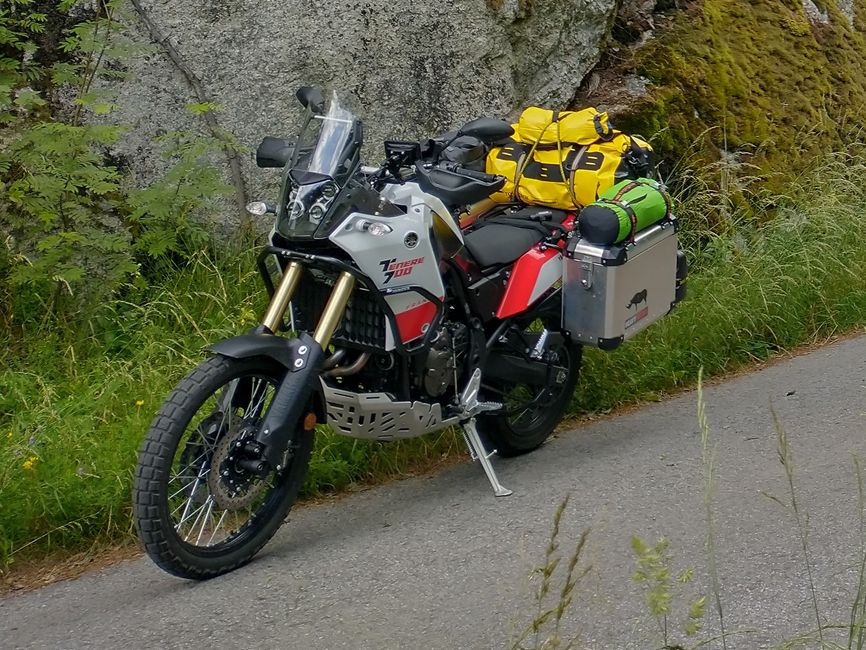only Cowgirls get the Blues (Tom Robins)
ተሓቲሙ: 10.05.2023
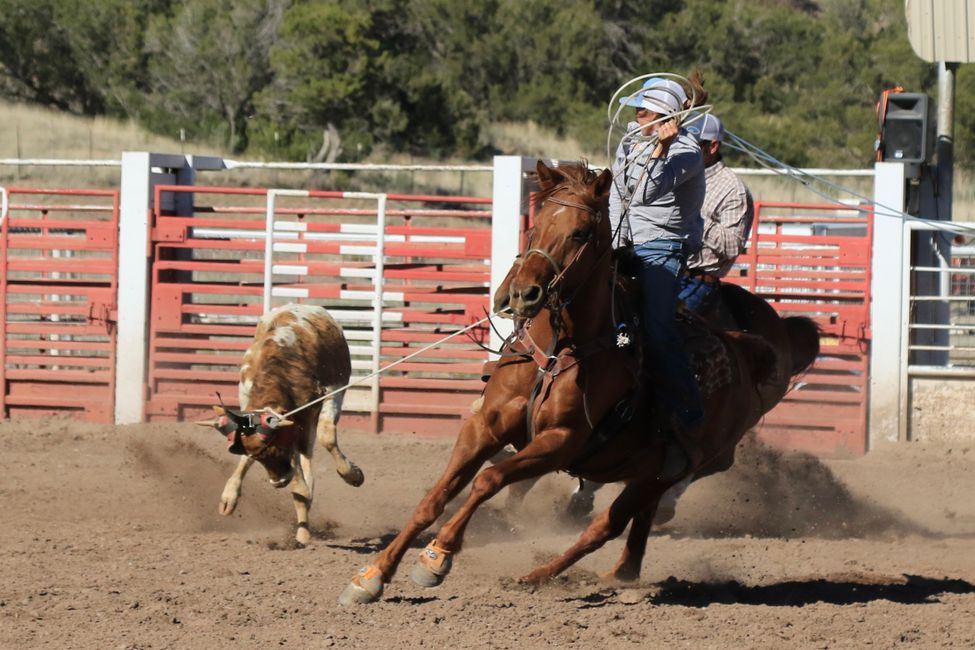
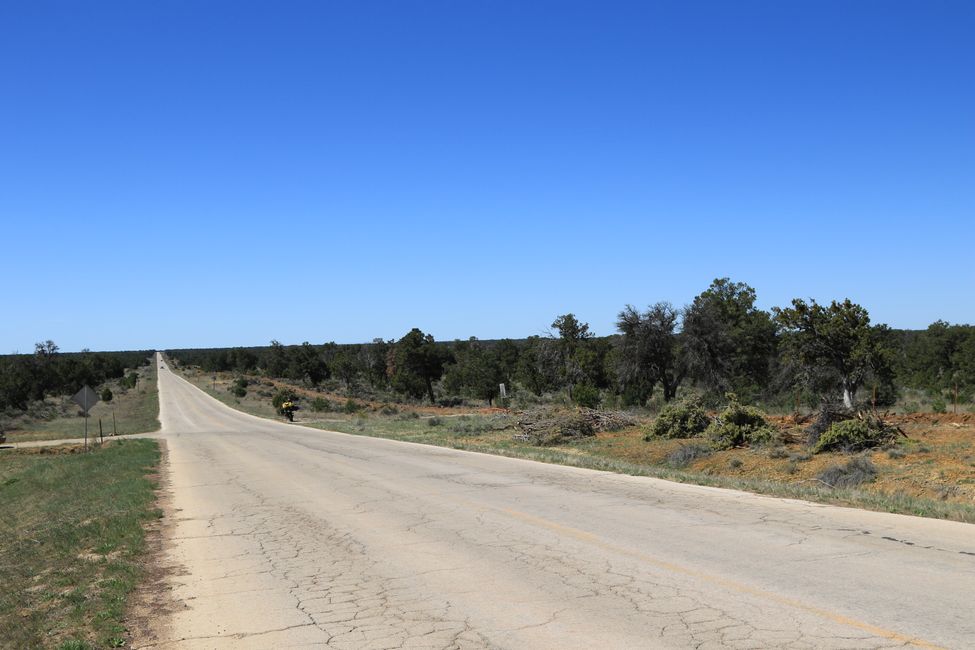
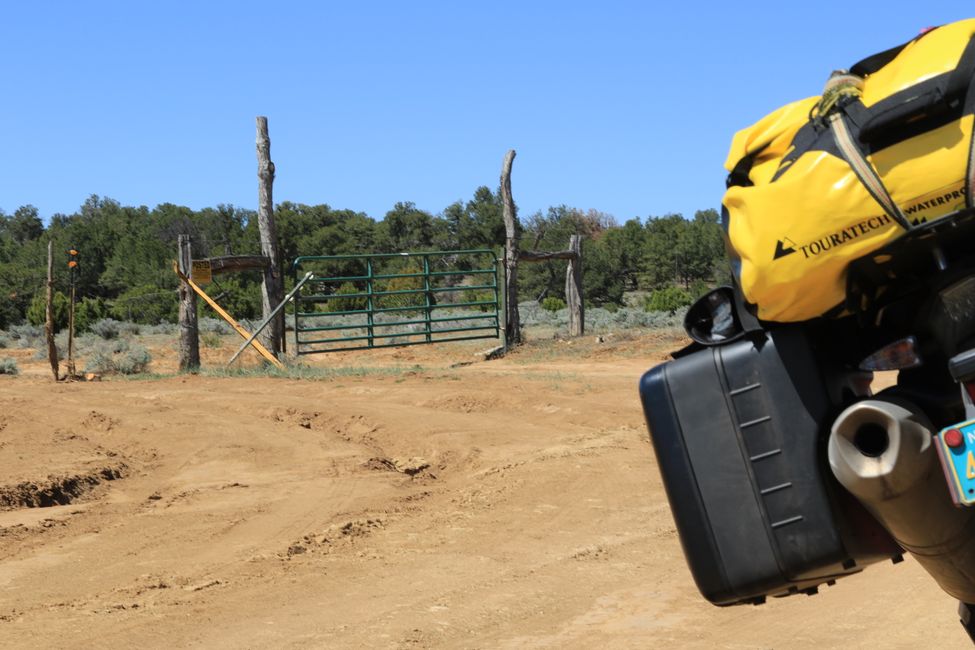
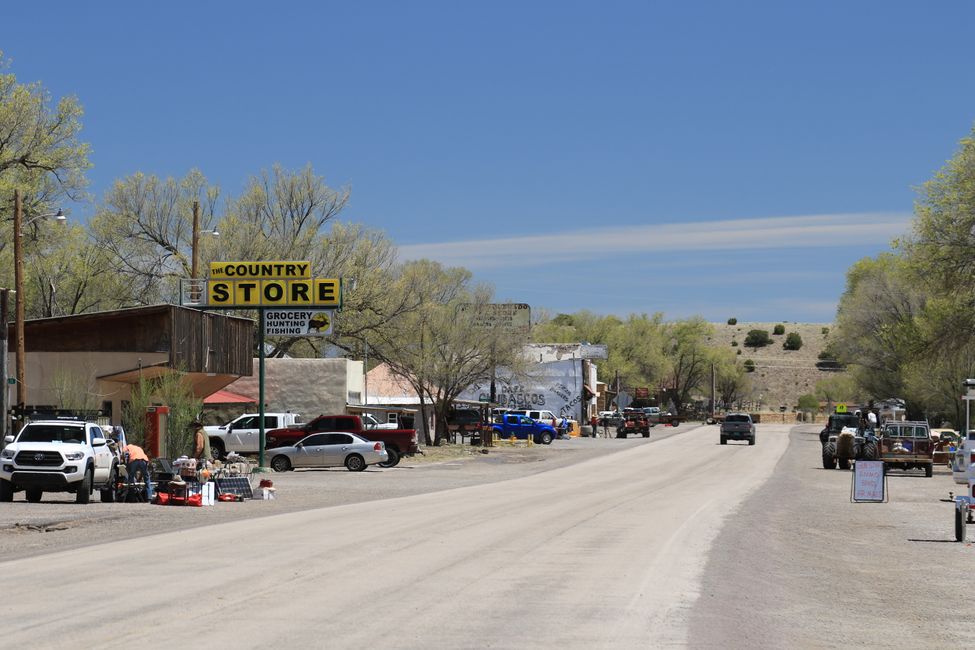
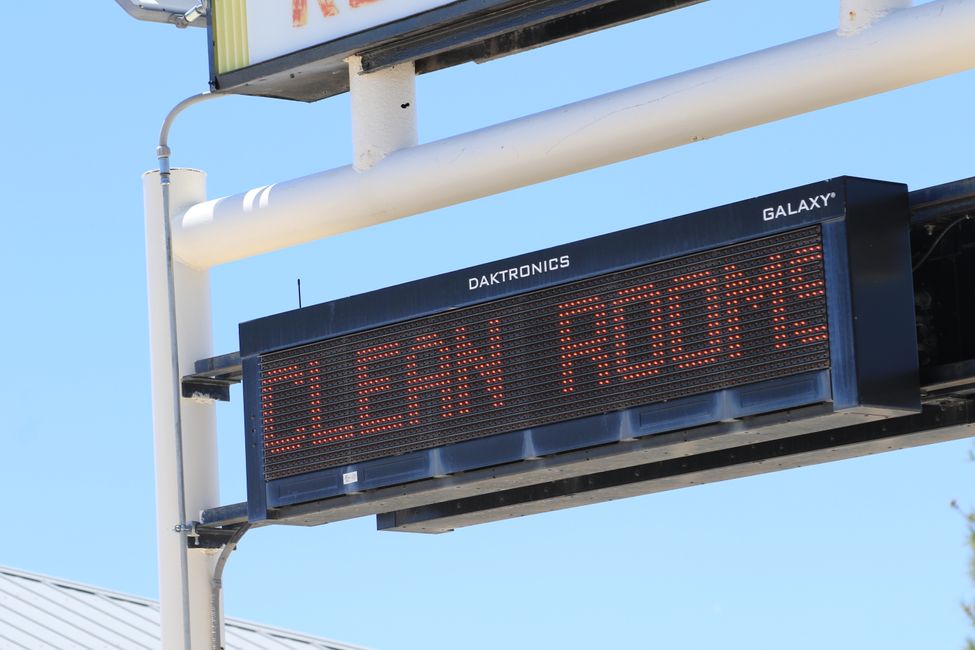
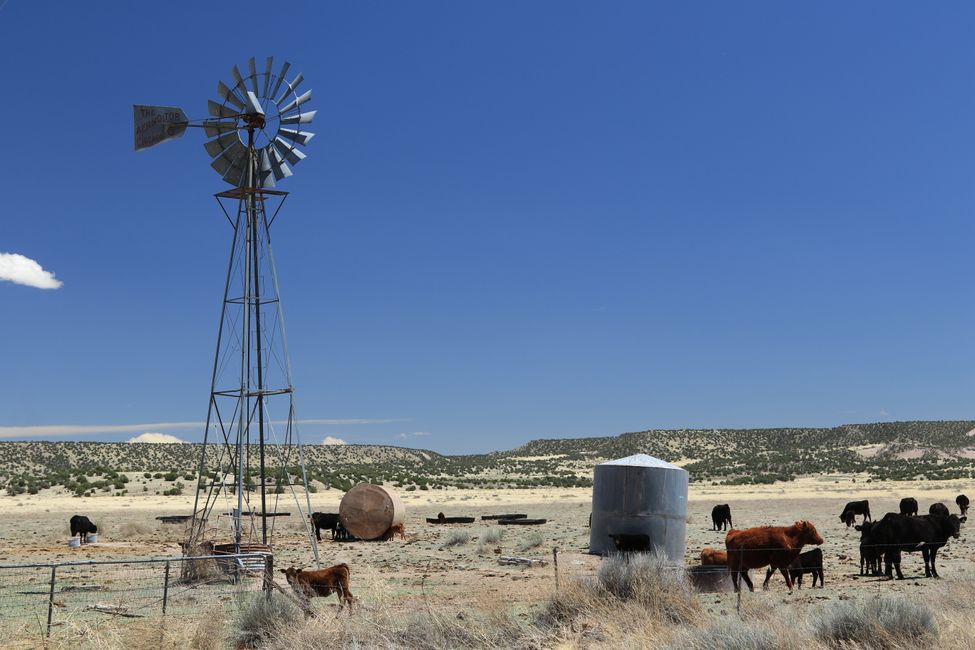
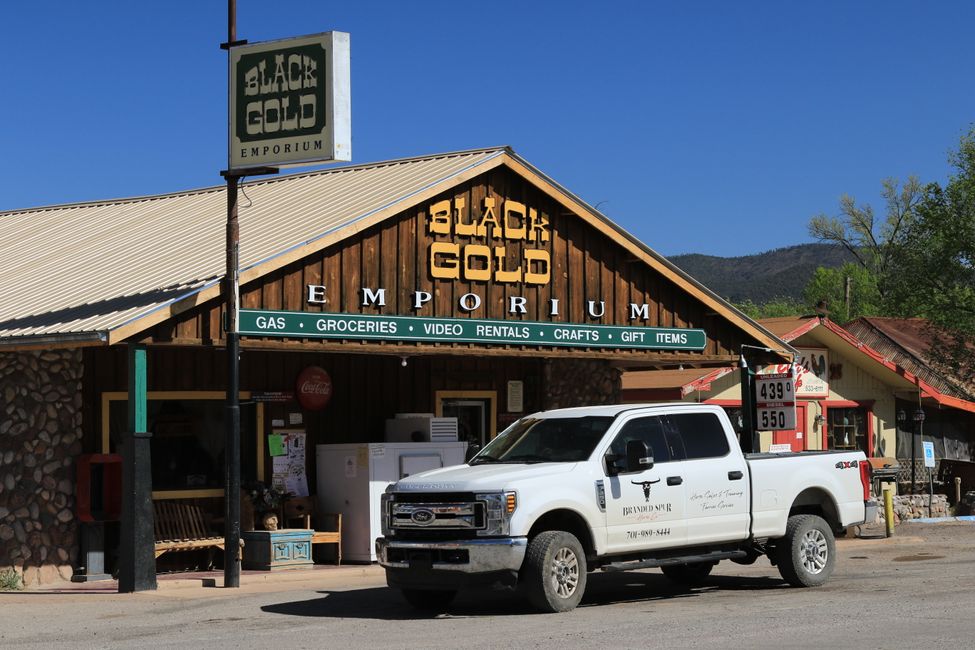
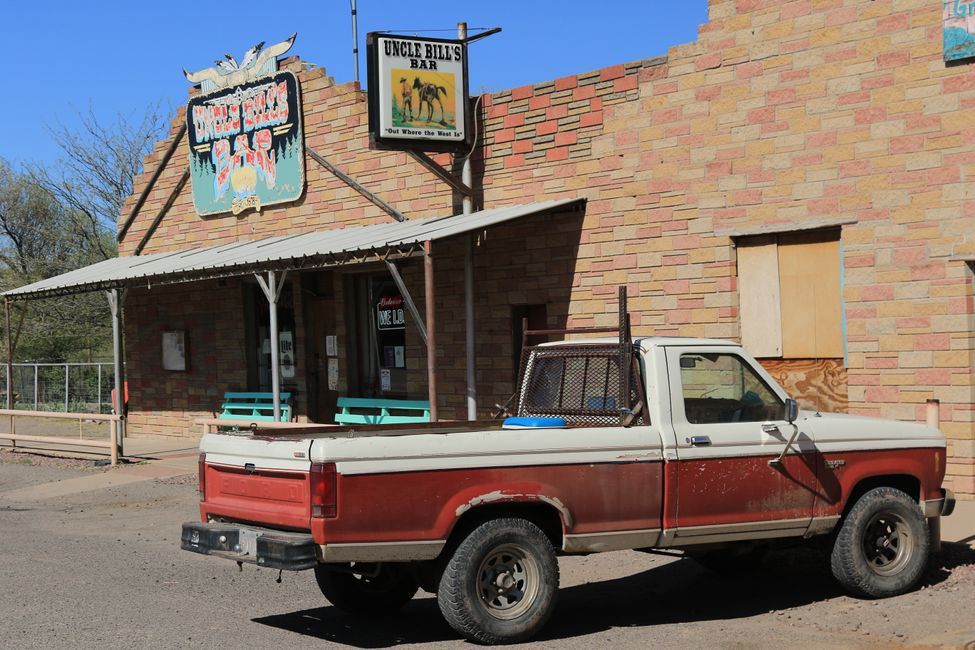
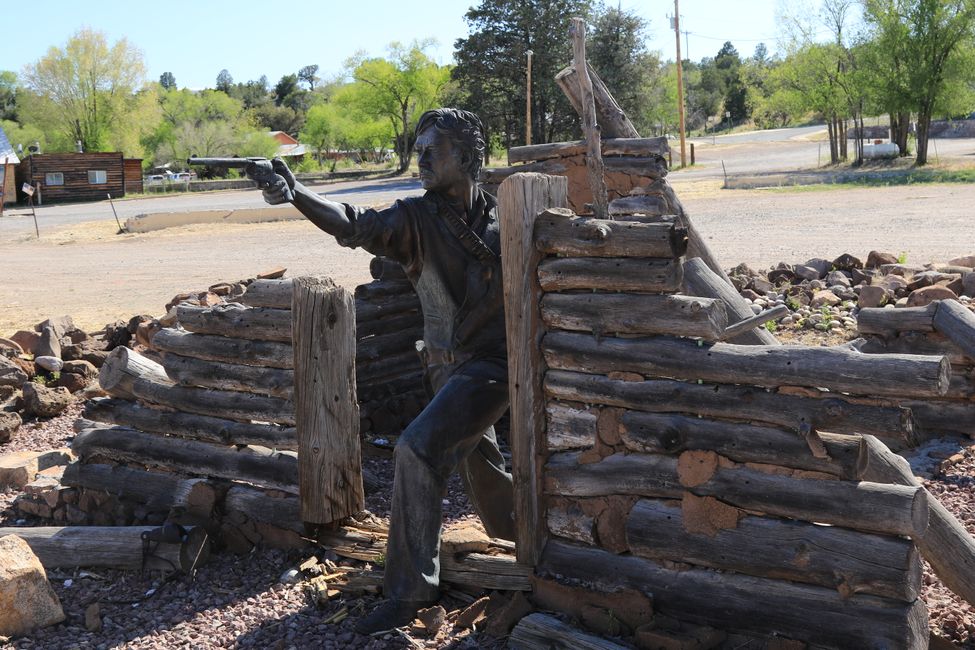
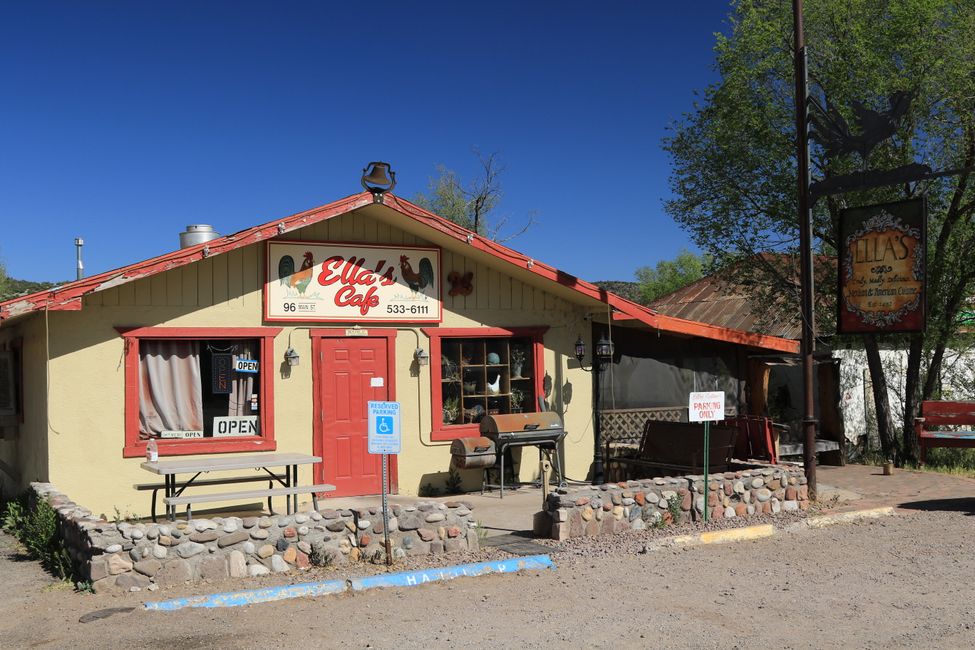
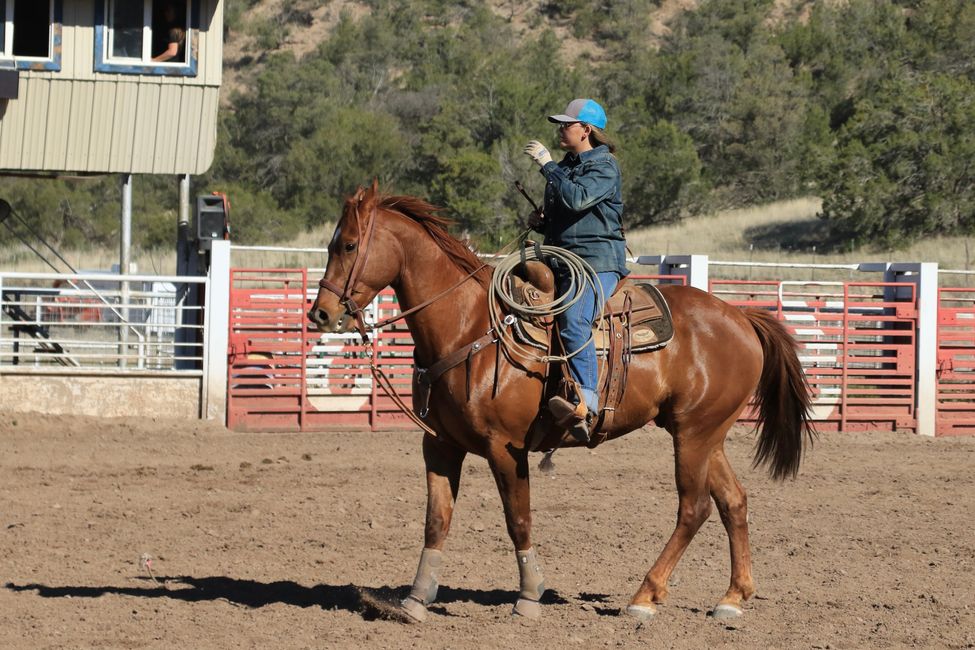
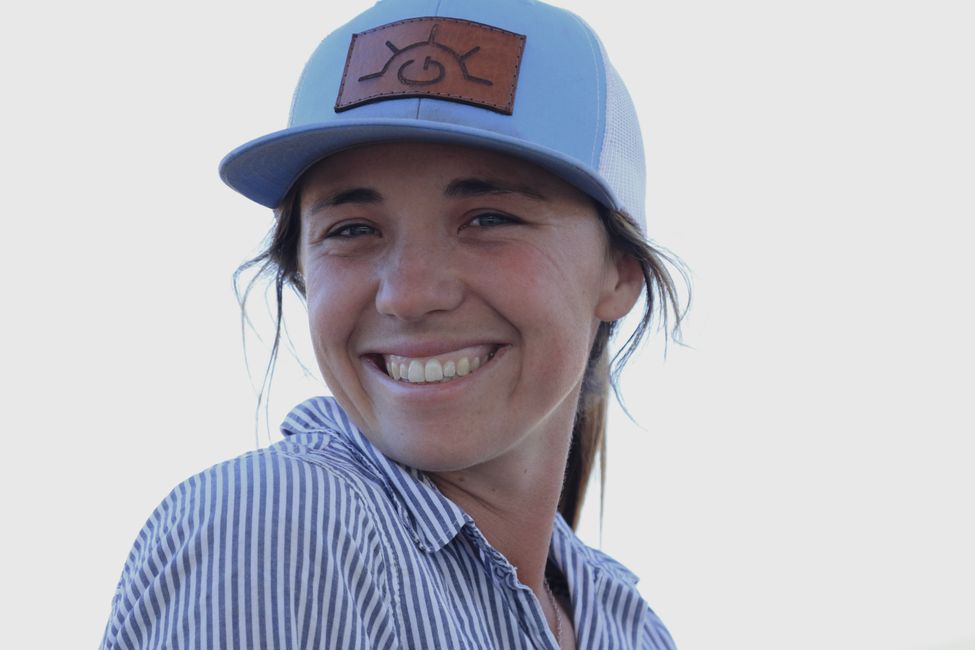
ንዜና ሳብስክራይብ ግበሩ
The day started off innocently enough. The plan was to drive through an Apache reservation south towards Arizona, and that's where the first surprise came. The local First Nations are apparently rangers, just like the descendants of settlers all around. There are fences on both sides of the road, cattle grids over it, sometimes the road is also blocked, and there are only two villages within a distance of over 100 kilometers. All very solid average; noticeable is the friendliness of those you meet. They wave and smile, maybe they're just wondering who the heck got lost in their godforsaken area.
The map shows two big black rings on this road, each with a really bold place name. You'd expect at least small towns, assume you'll be well taken care of, and think you can definitely get wifi somewhere. What a mistake:
At the first of these villages, there are gas stations, diners, auto repair shops, ranch equipment stores on both sides of the road, typical stuff. And the motel folks are well aware of their exposed situation and advertise that at least the rooms are clean.
In contrast, the second of these places is at a T-road intersection, which leads to a more relaxed layout. But there's just as little happening here, only the clock seems to have ticked even slower in the past. At a central location there are the remains of a burned and shot-up log cabin, from which the last remaining New Mexican fires his last remaining bullet against whomever from Arizona, before he heroically falls down. The chronicler doesn't understand that, because it's not clear from the accompanying memorial plaque why the neighbors turned against each other.
From here, it's not far to the planned overnight spot, but the arrival there was greatly delayed, because suddenly there was a gathering of about 30 horse transporters near the road (the medium-sized ones here can fit about 4 horses) and before the chronicler knew it, he was in the midst of a calf roping competition as a Saturday afternoon entertainment for ranger families. There was the young mother with the stroller, which she quickly handed to someone nearby, because she had to get on the horse right now to rope a calf. There were the older children and teenagers who were not allowed to participate yet, but were already proudly riding around - on Quarterhorses, of course. And there were the proud rangers with their wives, sons, and daughters, all chasing the calves with their lassos as if their lives depended on it.
But one thing was strictly off-limits: nothing was allowed to happen to the yearling cows and bulls. They wore protective pads on their heads, the lasso was only allowed to be looped around their horns at first, and if it did manage to catch their hind legs, which is the ultimate skill, the lasso had to be released immediately so that the animal wouldn't fall.
All of this was explained to me by Cowgirl Rab. Speaking of Cowgirl. The ranger daughters fulfill all the stereotypes - they wear men's shirts, jeans, and boots, swing lassos and stand up against Longhorns like the strongest boys, ride like the devil, and are at least as attractive as Lilly from the salon; at least most of them.
By the way: Freely translated, today's title could be: "Only Cowgirls Know Which Way to Go". And based on the chronicler's current experiences, there is a lot to suggest that Tom Robins is right.
ንዜና ሳብስክራይብ ግበሩ
መልሲ (1)
Amelie
Ich sitz im Büro und freu mich über die aufgelockerte Bebauungsform und den darnieder sinkenden Nachbarn! …du schreibst so unterhaltsam, witzig und trotzdem informativ. Die Fotos zeigen eine so andere Welt als die, die ich vom Bürofenster aus sehe - danke fürs Mitnehmen :*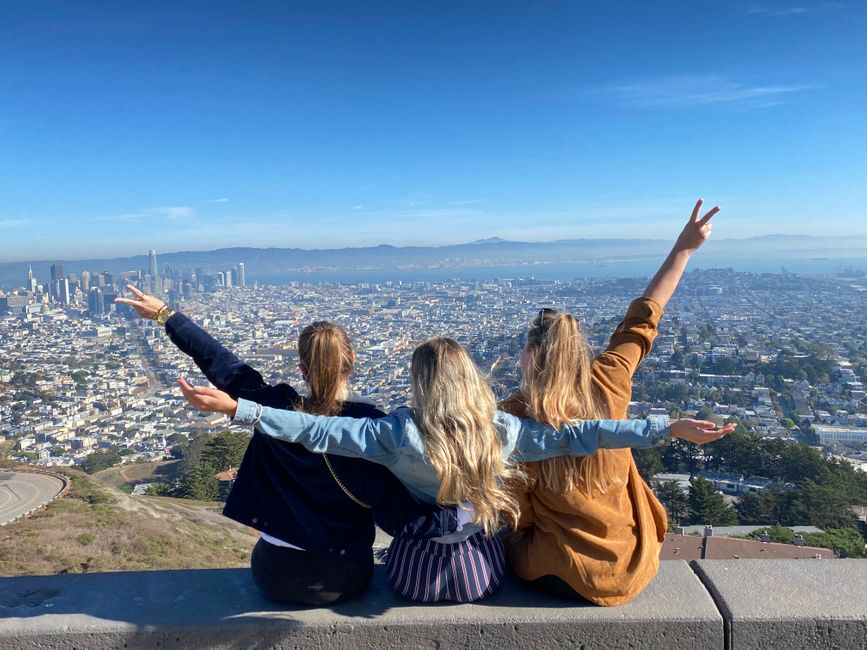
ጸብጻባት ጉዕዞ USA

